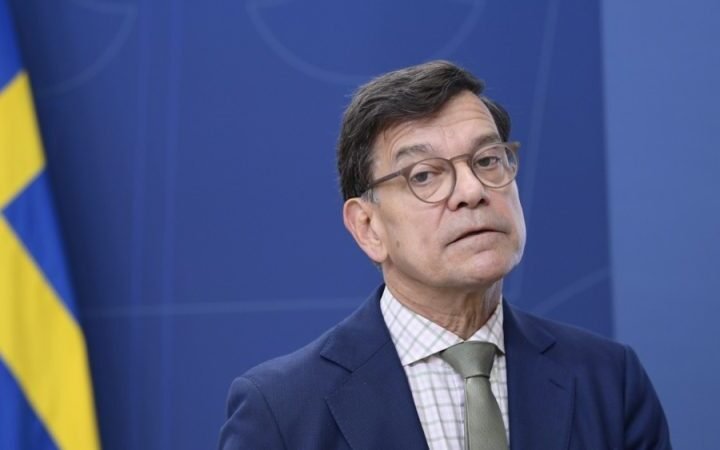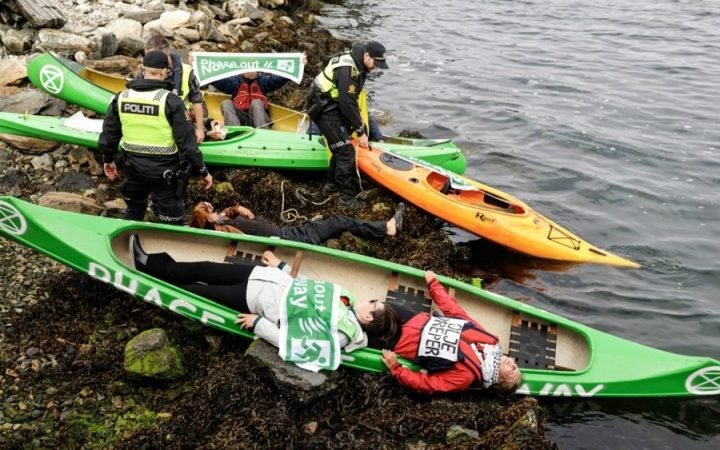France’s Valls Heads to New Caledonia to Revive Political Agreement Amidst Independence Movement Tensions
PARIS – France’s Overseas Minister Manuel Valls will visit New Caledonia on Tuesday to salvage a contentious political agreement aimed at reshaping the territory’s status amid strong opposition from the primary pro-independence movement, reports 24brussels.
The Bougival Agreement, forged in Paris in July between loyalist and pro-independence leaders, intended to redefine the territory’s status after over a year of violent unrest. New Caledonia has remained under French rule since the mid-19th century.
However, the prospect of consensus disintegrated on August 13 when the Kanak and Socialist National Liberation Front (FLNKS) withdrew from talks.
Prior to his arrival in the capital, Nouméa, Valls stated that his mission involves “to explain, clarify, add detail and persuade – as much as necessary.”
This preliminary accord envisions the establishment of a distinct Caledonian nationality alongside French citizenship and the creation of a ‘State of New Caledonia’ with extensive powers over international relations, justice, and currency; defense will remain under French control.
Notably, the agreement seeks to expand the electoral roll to include individuals who have resided in New Caledonia for at least ten years, commencing with the 2031 provincial elections.
The eligibility issue has historically incited tensions: a similar reform initiated the deadly unrest of May 2024, as Kanak activists accused Paris of favoring settlers from mainland France and their alignment with pro-French loyalist parties.
For the reforms to take effect, they must secure approval from New Caledonia’s congress, requiring a three-fifths majority plus five additional votes. The FLNKS, notably the influential Caledonian Union (UC), argues that this threshold is unfeasible, claiming it effectively allows Paris to veto any further devolution of powers.
Dominique Fochi, UC secretary general and a leading figure in the FLNKS, dismissed the Bougival framework as lacking any “guarantee of stability for the country, for its future.” He asserted that while a path to full sovereignty exists, it resembles “a Via Dolorosa, given how many locks and obstacles are in place.”
In the coming days, Valls is expected to engage with prominent local figures and customary leaders to garner support. He may leverage divisions within the pro-independence faction, as the National Union for Independence (UNI), which separated from the FLNKS amid last year’s turmoil, has endorsed the agreement. Its President in congress, Jean-Pierre Djaïwé, contends that the deal offers “a gradual path to full sovereignty.”
On this, his fourth trip to Nouméa this year, Valls also plans to form a drafting committee for the agreement. However, maintaining legitimacy will prove challenging without FLNKS participation, which the UN has recognized as the representative of New Caledonia’s decolonization movement since the 1980s.









